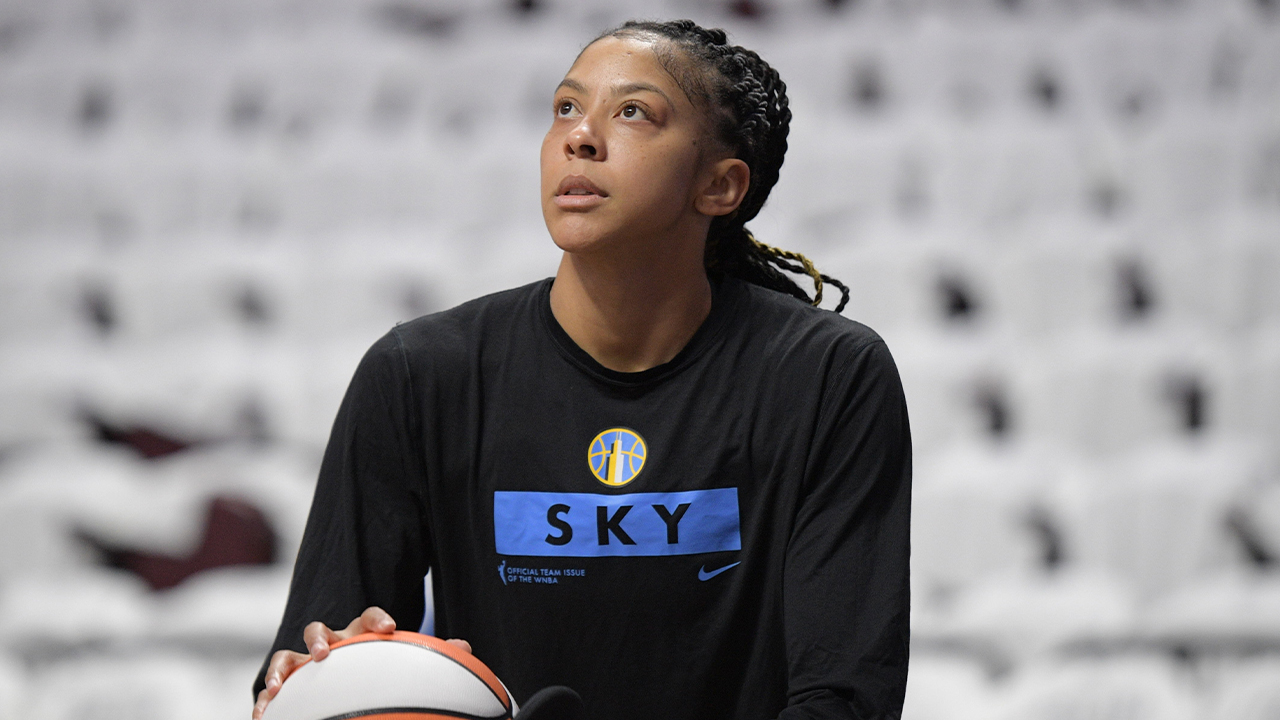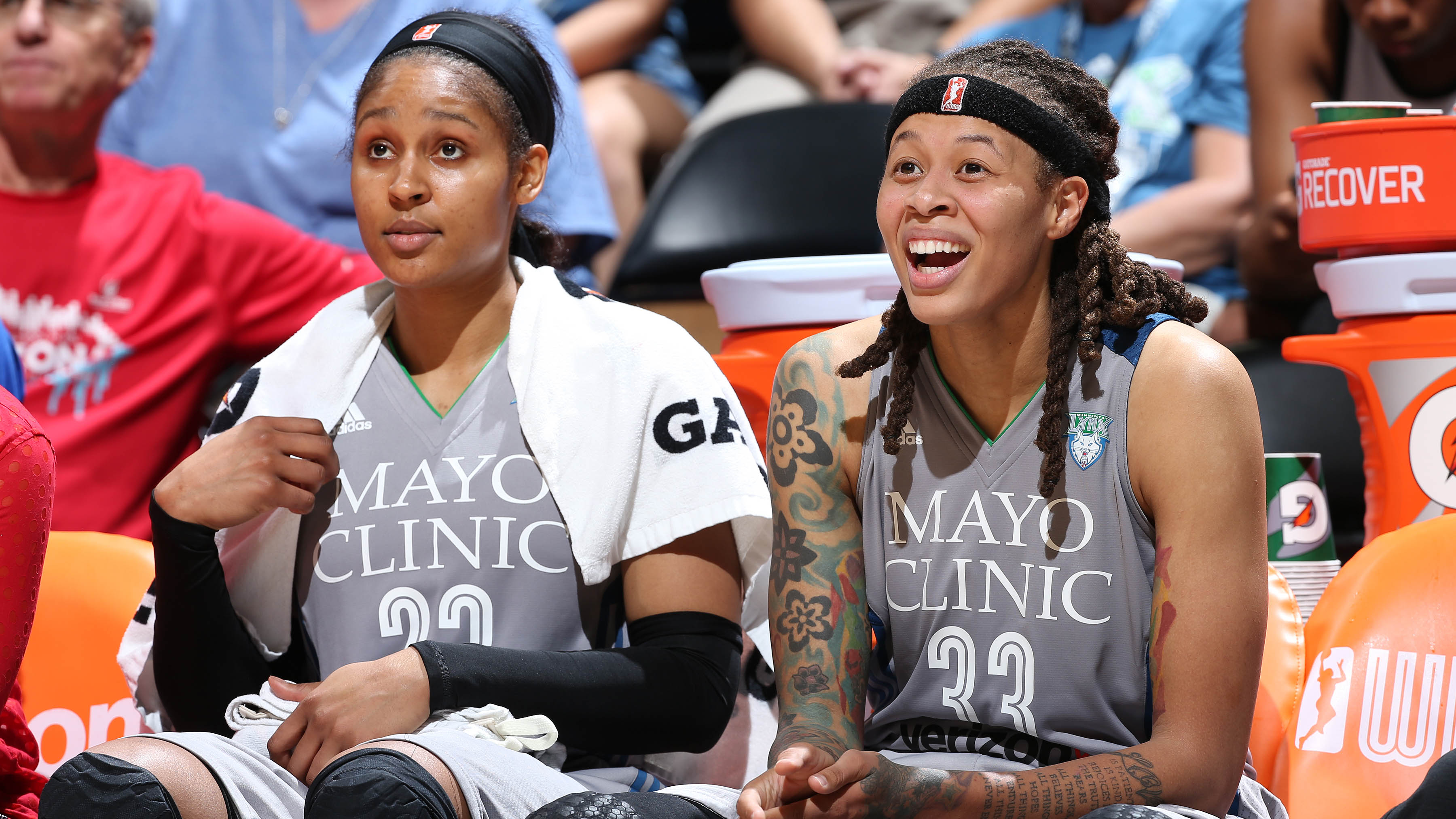What to Know
- Mikaela Shiffrin has won 10 of 23 World Cup races she entered this season — including five slalom victories and two in giant slaloms
- But in six appearances since that run of perfection, Shiffrin finished third once, seventh twice and not completed the course 3 times
- "I was skiing really well, so I thought, 'Oh, everything's fine,'" she said
When an athlete succeeds as often as Mikaela Shiffrin does, the slip-ups suddenly seem to get a lot more attention.
So when Shiffrin held a pre-Olympics news conference Saturday, 48 hours before the first of what could be five events for the American skiing star at the Pyeonchang Games, the initial question was not about her 2014 slalom gold medal or her five-race World Cup winning streak last month. Instead, it was about failing to even finish three of her last four races.
"Yeah, um, I'm not sure where to start, exactly," Shiffrin said, rolling her eyes a bit as she searched for the right words.
She gathered herself and offered an explanation that went like this: She was tired.
Not so much physically exhausted — although that is a constant factor with the daily grind of the World Cup circuit — as she was simply mentally wiped out.
That made it tougher to concentrate fully, tougher to be at her best and tougher to be what she had proven to be for quite some time, which is the best female Alpine skier in the world — and with the trophies to prove it. An overall World Cup title last season. Three world championships in the slalom, medals that hang in her room back home in Colorado because, she said, "I had dead space on my wall and I wanted to fill it with something, and they look pretty." The gold medal from the Sochi Games four years ago at age 18, a trinket she wrapped in a sock for safe keeping.
Sports
Patriots, Red Sox, Bruins, Celtics and more
She has won 10 of 23 World Cup races she entered this season — including five slalom victories and two in giant slaloms, her best two disciplines — and went 5-for-5 from Jan. 1-9. But in six appearances since that run of perfection, Shiffrin finished third once, seventh twice and had not completed the course on three occasions.
"I was skiing really well, so I thought, 'Oh, everything's fine.' But I wasn't able to keep my mental focus until the finish, which is something that I actually pride myself on being really good at, normally. So when I'm not able to excel in the last quarter of the course or keep that focus through the finish, that's when the red lights are flashing," Shiffrin said.
"And I think that I needed to change something. That's the biggest issue: It's not always easy to tell. When I get mentally tired, I just get more emotional. I get annoying to my coaches," she continued with a chuckle. "I'm not very fun to be around, and I can't focus as easily. All those things that are kind of part of who I am sort of disappear."
Shiffrin said she confronts anxiety — "a lot more mental stress these last two years than I ever had" — by working with a sports psychologist.
One of the key lessons is emphasizing her love of skiing and desire to improve more than how she fares in any given race.
"She's so impressive about staying focused in the process," said Mike Day, Shiffrin's coach with the U.S. team. "Each one of these race results just gets stored away really quickly."
Shiffrin knew it was time for a bit of a break when she went off-course with only a handful of gates left in a slalom at Lenzerheide, Switzerland, on Jan. 28.
"For me, that was like a defining moment that I needed to take a step back and get a couple days of rest and then get back into training," Shiffrin said. "So that's what I did. I'm feeling much better, much more like myself."
She arrived in South Korea about 1½ weeks ahead of her opening race and has trained about a half-dozen times. She is considered likely to enter all five individual women's races, but for now is only committing to the two that are her best, the slalom and giant slalom.
"I would like to compete in everything," she said. "I'm not sure if I'm actually going to have the energy to do that."
She couldn't help but laugh when a reporter asked what her reaction is to being compared with Michael Phelps, the U.S. swimmer who is the most decorated Olympian in history.
"You're crazy," Shiffrin replied. "OK, he has, what, 23 medals?"
Actually, Phelps' haul is 23 golds — and 28 medals in all.
Shiffrin has one medal so far.
"I know, like, it's a comparison between sports, and I don't think there's a sport in the Winter Olympics where you can even win 23 medals across three or four Olympics, but, yeah, I could never imagine myself even in the same sentence as Michael Phelps," she said. "It's extremely flattering, but ... it's apples and oranges."



